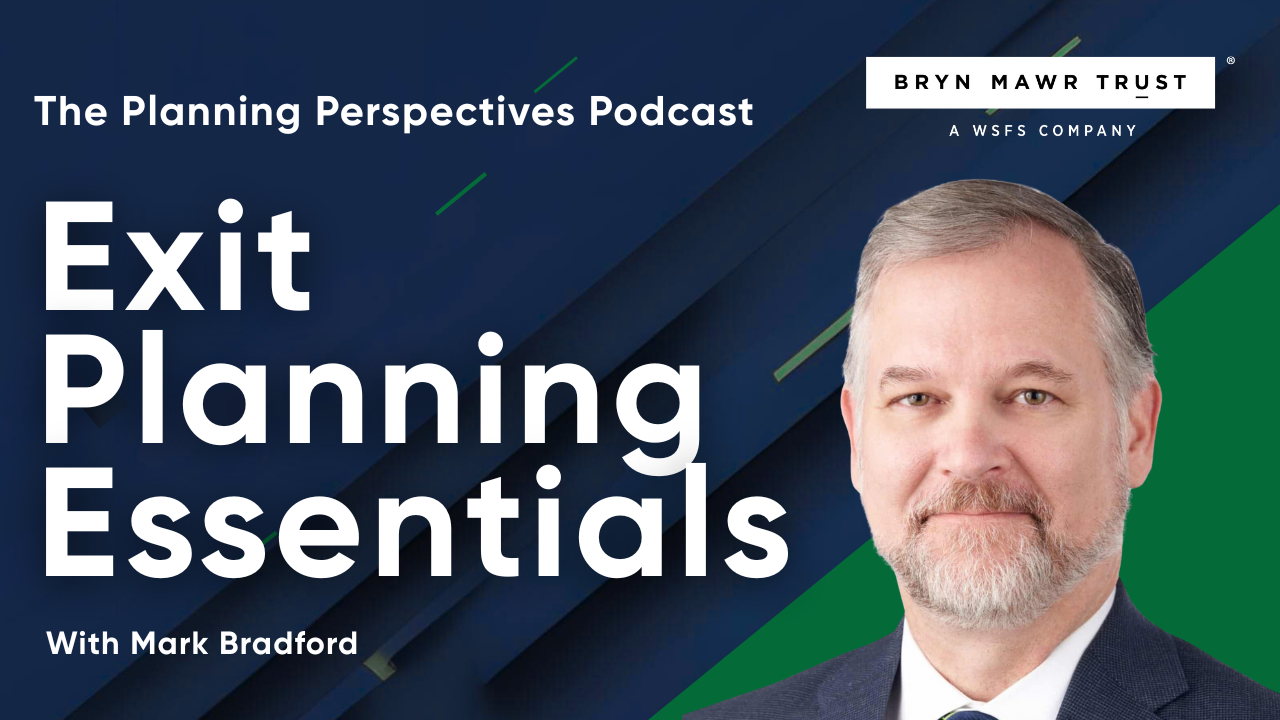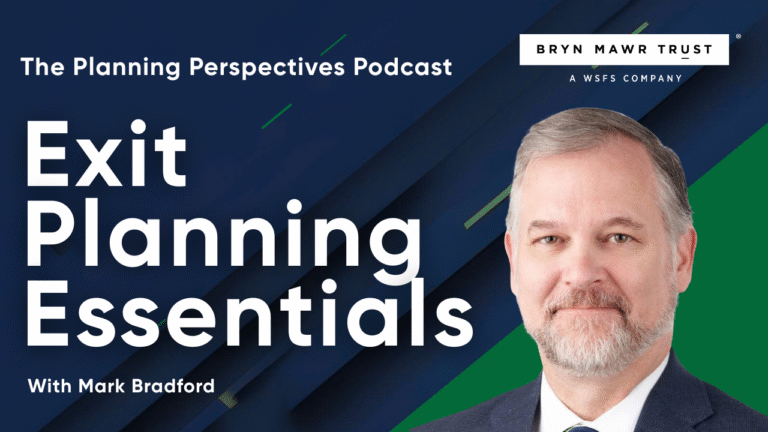America’s Retirement Crisis: How State Plan and Employer Plan Options Aim to Secure Our Future

As America’s retirement crisis looms larger than ever, with nearly half of the population fearing financial instability in their golden years, innovative state plans and employer-driven solutions are stepping in to bridge the savings gap and ensure a secure future for all.
The United States faces a significant crisis where a substantial portion of the population is not financially prepared for retirement. This crisis is driven by several key factors, including an aging population, insufficient savings, rising healthcare costs, economic inequality, inflation, and challenges to the sustainability of public pension systems like Social Security.
“Today, nearly 51% of Americans worry that they’ll run out of money when they’re no longer earning a paycheck—and 70% of retirees wish they had started saving earlier,” according to Pew Charitable Trusts in 2024.
As people live longer, they require more savings to sustain themselves throughout retirement, but many have not saved enough due to factors such as low wages, inadequate financial literacy, and economic instability. Additionally, rising healthcare costs and inflation can quickly erode retirement savings, making it harder for retirees to maintain their standard of living.
In response to this growing concern, several states in the U.S. have implemented or are in the process of implementing state-sponsored retirement plans to ensure that more workers have access to retirement savings options. These programs aim to fill the gap left by the lack of access to employer-sponsored retirement plans, particularly for employees in small businesses. These state-mandated plans help increase savings rates and promote financial literacy and inclusion by automatically enrolling employees and encouraging consistent contributions.
For instance, Delaware recently launched its state-sponsored retirement plan, Delaware EARNS (Expanding Access for Retirement and Necessary Savings), on July 1, 2024. This program is designed to provide a low-cost, accessible retirement savings option for employees who do not have access to an employer-sponsored plan. Key features of Delaware EARNS include automatic enrollment with a default contribution rate of 5% of the employee’s gross pay, which is deducted post-tax and invested in a Roth IRA. Employers with five or more employees who do not offer a qualified retirement plan must register for the program or certify their exemption by October 15, 2024. Non-compliance with the program requirements can result in significant penalties for employers, including fines of $250 per eligible employee up to a maximum of $5,000.
Delaware EARNS is part of a broader trend where states like California, Colorado, Connecticut, Illinois, Maryland, Massachusetts, New Jersey, New York, Oregon, Vermont, Virginia, and Washington have implemented similar programs. These initiatives generally use automatic enrollment with an opt-out option and feature payroll deduction IRAs, making it easier for employees to save for retirement. By enhancing the financial stability and security of their residents, these state-sponsored plans aim to ensure that more people can retire with sufficient savings to maintain their quality of life and reduce reliance on state and federal assistance programs.
According to Jamie Hopkins, Senior Vice President, and Director of Private Wealth Management at Bryn Mawr Trust, “When someone has access to an employer-provided plan, they state they are able to save more for retirement than those without access. Additionally, many industries are struggling to retain and attract top-tier talent. Access to retirement savings is part of the decision-making process. Sitting on the sideline as an employer does not help your people save for the future, nor does it help attract talent in a competitive market. With recent changes to laws, setting up a 401(k) or other retirement plan is about as easy and cost-effective as it has ever been. New tax credits that were part of the SECURE and SECURE 2.0 bills have helped reduce the costs of setting up retirement plans for small businesses.”
Employers who prefer alternatives to state-sponsored retirement plans can establish a 401(k) plan, SEP IRA, or 403(b) plan, each offering different benefits and compliance requirements.
- 401(k) Plan: Employers can set up a traditional 401(k) plan, allowing employees to contribute a portion of their wages to individual retirement accounts, up to $23,000 in 2024. Employers can also choose to match employee contributions, which can be an attractive benefit for employees.
- SEP IRA Plan: Simplified Employee Pension (SEP) IRAs are another option for small businesses and self-employed individuals. They allow employers to contribute to employee IRAs with higher contribution limits than traditional IRAs.
- 403(b) Plan: Available primarily for public school employees and employees of certain tax-exempt organizations, 403(b) plans are like 401(k) plans and offer tax-deferred savings options.
Employers choosing any of these alternatives must ensure they comply with the Employee Retirement Income Security Act (ERISA) and other relevant regulations. Consulting with a financial advisor or retirement plan provider can help employers select and implement the best option for their business and employees. According to Pew Charitable Trusts, “Insufficient retirement savings affects all of us. And we need to make it easier, not harder, for everyone to have the opportunity to save for retirement.”
By leveraging state-sponsored programs and alternative employer-driven options, the United States can address the retirement crisis and help ensure that all citizens have the financial security they need to enjoy their retirement years.
Sources: PewTrusts.org, Irs.gov, Shrm.org, Napa-net.org, and Vestwell.
Begin your journey
Have questions?
Speak with an financial expert.






